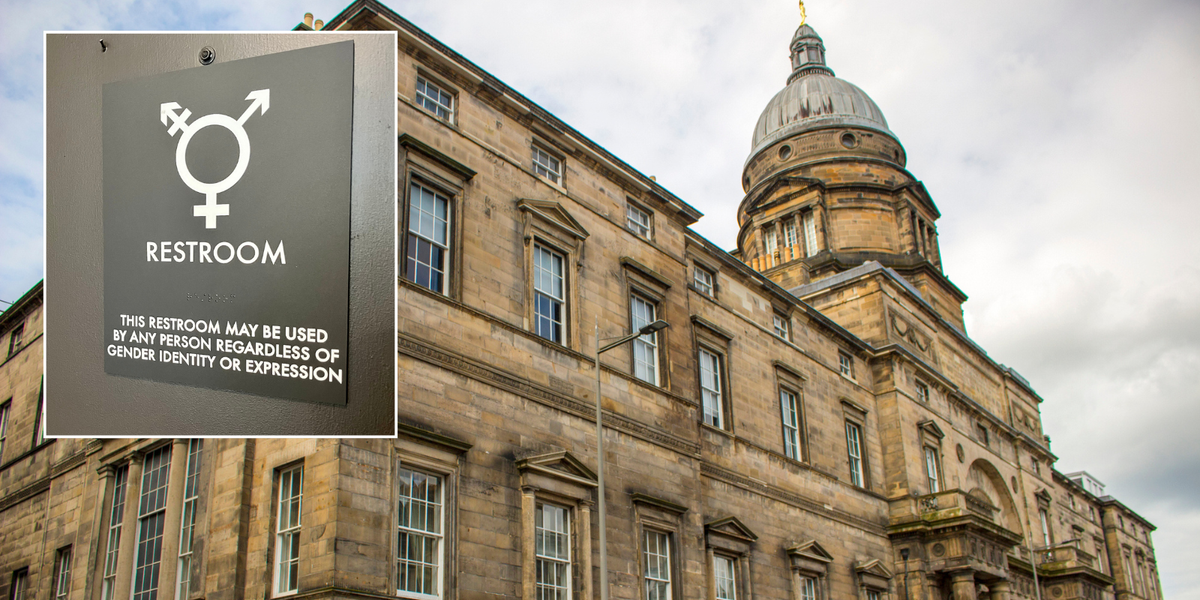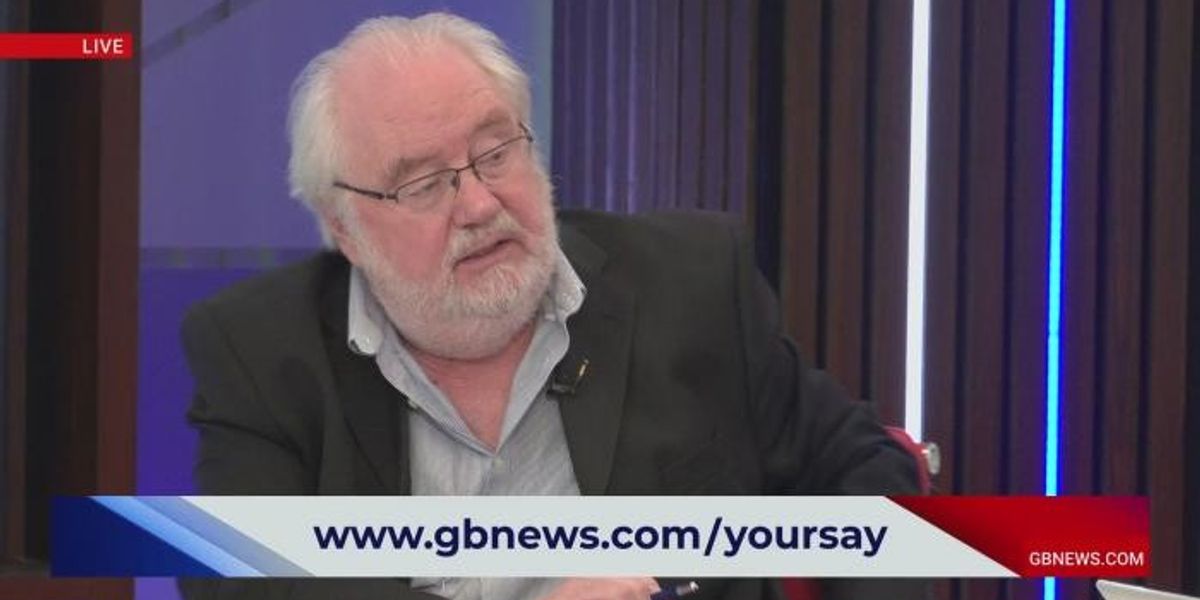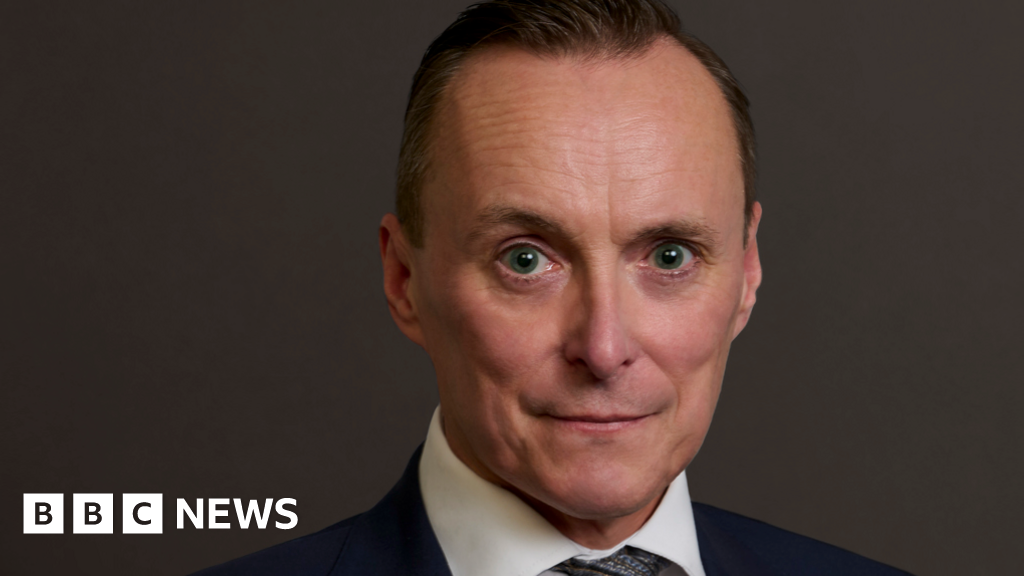The speech did include some reform of the House of Lords – a bill to remove the right of the remaining hereditary peers to sit and vote in the Lords – but not to reform the retirement age.
An official briefing paper on the House of Lords (Hereditary Peers) Bill said that in the 21st century, there should not be nearly 100 places reserved for individuals born into certain families, with those seats in effect reserved for men.
Lords reforms under Tony Blair reduced the number of hereditary peers to 92. That was intended to be only a short-term compromise, but the arrangements have persisted for 25 years.
The King indicated that further constitutional changes were likely later in the parliamentary cycle.
The government would “strengthen the integrity of elections and encourage wide participation in the democratic process”, he said.
Alex Norris, a minister in the housing, communities and local government department, posted on X, external: “Too many people feel their voice is not being heard in our democracy, with millions of legitimate voters still not registered to vote.
“This Government will restore faith in politics. From introducing votes at 16 to handing power back to communities with our English Devolution Bill, we will give those who contribute to our country a say in how it is governed.”
The UK voting age was last lowered in 1969 – from 21 to 18 – by Harold Wilson’s Labour government.
The age was reduced to 16 for elections in Scotland – by the Scottish Parliament – in 2015. A similar measure took effect in Wales in 2020.









